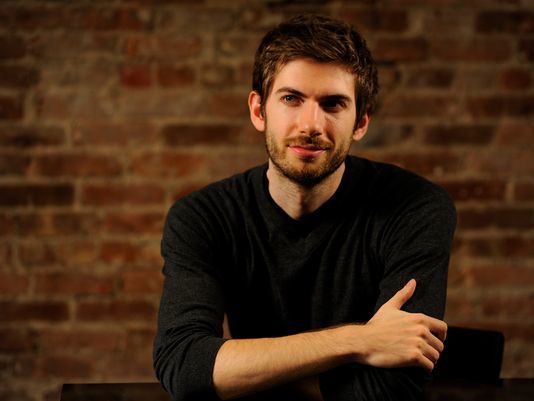
David Karp is the founder and CEO of Tumblr, a popular micro-blogging platform.
Following in the trend of young, financially successful, tech geniuses such as Mark Zucerkberg, David Karp started Tumblr when he was only 21.
Growing up in New York, he taught himself the programming language HTML at age 11. He started his working career at age 15 at an animation studio, and quickly progressed in the business world. He managed to secure funding to start building a blogging site in 2006, and launched Tumblr in 2007.
Within 5 years, Tumblr hosted more than 70 million blogs and employed about 100 people. Karp’s net worth reached nearly $200 million. He eventually sold his company to Yahoo for $1.1 billion.
They key to success was probably that he created his product right when blogging was first gaining its popularity. Blogging was a much bigger part of online life in the late 2000s and early 2010s than it is now, as people’s interest in text has waned and their interest in visuals has waxed. Karp struck at the perfect time to capitalize on the temporary rise of blogging, and sold his company before it started to lose value in later years. His foresight both in its founding and its sale ensured its success.
What can we learn from his experience? Some sort of silly message such as “have foresight” obviously does not help anyone. However, it is true that any good leader or entrepreneur must have superior foresight. How anyone is supposed to gain foresight I couldn’t say, but that, dear reader, rests on you.

:max_bytes(150000):strip_icc():format(webp)/fraserdoherty-827f6fd4fb8e44cfa17fe25a91ac52dc.jpg) Fraser Doherty started a SuperJam when he was just fourteen.
Fraser Doherty started a SuperJam when he was just fourteen.:max_bytes(150000):strip_icc():format(webp)/hartmain-ef4a00ce2d794798ab5499a5fbd35df9.jpg)
:max_bytes(150000):strip_icc():format(webp)/johnsonap-fac81656f36640409420fc392c89c6a2.jpg)